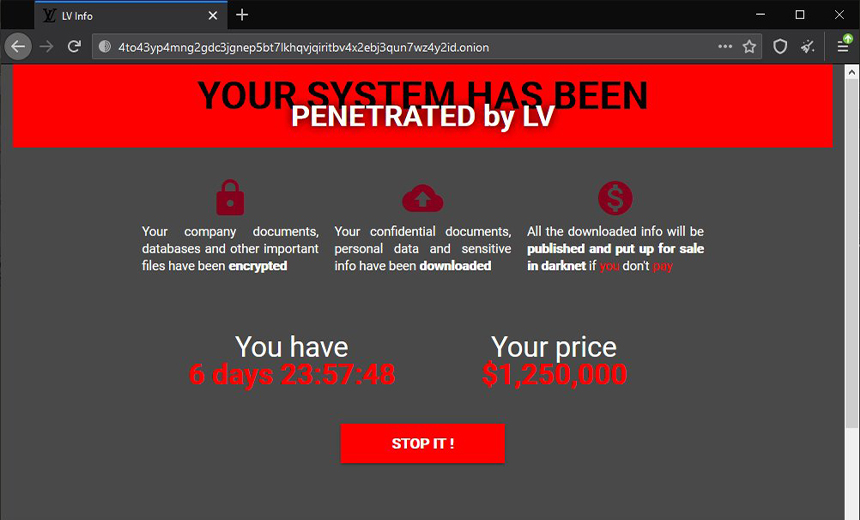Following the brutal invasion of Ukraine by Russia, a lot of sporting bodies have made the move to exclude Russian and Belarus athletes from their competitions as well as cancelling any competitions based in Russia. The International Olympic Committee has called on sports federations to exclude Russian and Belarusian athletes, officials and teams from international events wherever possible.

FIFA and UEFA have banned Russian national and clubs teams from their competitions “until further notice”.
UEFA also announced that it is ending its partnership with Russian state energy giant Gazprom, which was believed to have been paying about 40 million euros ($45m) a year in a deal due to run until 2024.
Saint Petersburg, meanwhile, was stripped as host of UEFA’s Champions League final set for May 28. The game has been switched to the Stade de France in Paris.
The International Paralympic Committee (IPC) barred Russian and Belarusian athletes from the Winter Paralympics in Beijing.
The ITF suspended the Russian Tennis Federation and Belarus Tennis Federation membership and withdrew their entries from all ITF international team competitions until further notice.
The Russian Grand Prix, scheduled for September 25, has been cancelled along with any future events.
The International Ice Hockey Federation (IIHF) suspended all Russian and Belarusian national teams and clubs from its competitions until further notice. It also stripped Russia of the hosting rights for the 2023 junior world championships.
The International Judo Federation (IJF) suspended Russian President Vladimir Putin as its honourary president. The IJF also said it cancelled the 2022 Gran Slam in the Russian city of Kazan, planned to be held from May 20 to 22.
Ukrainian fencers withdrew from the world championships in Cairo to avoid a match with Russia.
Rugby’s world governing body banned Russia and Belarus from all international rugby “until further notice”. Russia’s membership in World Rugby was also suspended indefinitely, meaning its slim hopes of qualifying for next year’s World Cup in France are over.
The Badminton World Federation (BWF) cancelled all sanctioned tournaments in Russia and Belarus, banning them from hosting future tournaments “until further notice” and ordering their flags and anthems banned from all BWF tournaments.
World Taekwondo said they were stripping Putin of an honourary black belt, as Russia’s attack on Ukraine goes against the sport’s motto: “Peace is more precious than triumph”.
The body also said no Russian or Belarusian national flags or anthems would be displayed and played at events, nor will any future events be organised in the two countries.
Swimming’s global governing body FINA called off the World Junior Swimming Championships that were to take place in Kazan (23 to 28 August). FINA also withdrew the order it awarded Putin in 2014.
The International Equestrian Federation (FEI) executive board called for all international events to be removed from Russia and Belarus.
The World Curling Federation began the process of removing the Russian Federation’s entries from the World Championships.
World Athletics had already suspended the Russian Athletics Federation because of doping violations, although some Russian athletes were allowed to compete as ‘authorised neutral athletes’ in track and field at the Tokyo Olympics.
In response to Russia’s invasion of Ukraine, athletics’ governing body has now banned “all athletes, support personnel and officials from Russia and Belarus” from participation in “all World Athletics Series events for the foreseeable future, with immediate effect”.
Cycling’s governing body (UCI) has banned Russian or Belarusian national teams from taking part in any event on the UCI calendar and stripped UCI status from six teams from those countries, including the Pro Tour Gazprom-RusVelo team.
The UCI said it would not consider any team applications or requests to host events from the two countries.
World Rowing has banned Russian and Belarusian athletes and officials from its international competitions with immediate effect.
Volleyball’s world governing body (FIVB) has cancelled the men’s World Championships which were due to be held in Russia in August and September.
World Archery has voted to remove the Russian and Belarusian national flags and anthems from international tournaments. It says no future events will be awarded to either country and chose not to invite its Russian board member Vladimir Esheev to the vote.
The International Basketball Federation (Fiba) has confirmed that Russian teams and officials will not be allowed to participate in Fiba basketball and 3×3 basketball competitions.
The International Ski Federation (FIS) has cancelled its remaining events in Russia and, in response to the IOC’s recommendation, ruled that “no Russian or Belarusian athlete shall participate in any FIS competition at any level” for the rest of 2021-22 season.
Norway’s Skiing Association had already moved to ban Russian and Belarusian skiers from competitions in the country “regardless of what conclusion FIS should come to”.
The International Skating Union (ISU) has, with immediate effect, banned skaters from Russia and Belarus from participating in international ice skating competitions.
The International Biathlon Union (IBU) has ruled that while Russia and Belarus must not be represented at its remaining World Cup and IBU Cup events – including in the form of flags, symbols and national anthems – individual athletes from those nations will be invited to compete as neutral athletes.
World Triathlon, the international governing body for triathlon, has announced a ban stopping Russian and Belarusian athletes and officials from participating in the sport for the foreseeable future.




